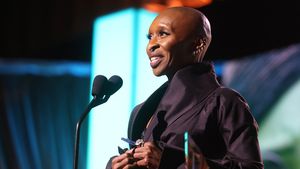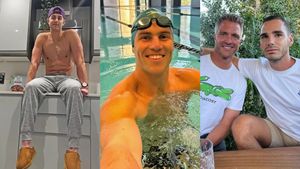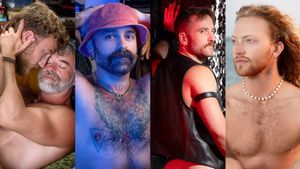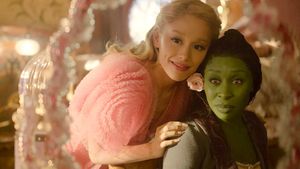The Anglican
Communion is at a crucial crossroads as it waits for the
worldwide church's leader to appoint an overseer for seven
of its conservative U.S. dioceses, the head of one of
those dioceses said Monday. Pittsburgh bishop Robert
Duncan said if Archbishop of Canterbury Rowan Williams
does not appoint a new leader for the conservative U.S.
dioceses, "any hope for a Communion-unifying solution slips
away, and so does the shape and leadership of the
Anglican Communion as we have known them."
Duncan's remarks came in his keynote address of
the Anglican Communion Network's annual council
meeting in Pittsburgh. "Such oversight would certainly
be an innovation for the Episcopal Church, since at present
there is no direct overseer in those dioceses except for the
diocesan bishops themselves," said Jan Nunley, a
spokesman for the Episcopal Church, which is what the
U.S. Anglican church calls itself.
"I wouldn't want to speculate on what it might
mean for the network dioceses to reject the oversight
of the General Convention," Nunley said.
Duncan and the leaders of six other conservative
dioceses do not want to be overseen by the new
Episcopal presiding bishop, Nevada bishop Katharine
Jefferts Schori, elected by the General Convention. Jefferts
Schori was among those who voted to confirm V. Gene Robinson
of New Hampshire, the Episcopal Church's first openly
gay bishop, in 2003. Jefferts Schori, who also
supports blessing same-sex relationships, was elected
in June and is to be installed as head of the U.S. church on
November 4.
Although Duncan continued to stress the
differences between the American church and the
conservatives he leads, he urged his group to be humble
and true to the Scriptures. "Our struggle is not about
sexuality, it is about sin," Duncan said.
In an interview with the Associated Press after
his speech, Duncan said all people should focus first
on their own sinfulness before pointing out the faults
of others. "When people are under stress, there's a saying
that psychologists have that [people] regress. Well, there's
been a lot of stress and there's been some regression
everywhere," Duncan said. "I'm just claiming our part."
Duncan helped form the Anglican Communion
Network just months after Robinson was confirmed. The
conservative network includes 10 conservative U.S.
dioceses and more than 900 parishes claiming more than
200,000 members.
Most archbishops in the worldwide Anglican
church agree with Duncan that gay relationships
violate Scripture, and many broke ties with the U.S.
church over Robinson's consecration. But Duncan's
conservative network is a minority in the U.S.
Anglican church, formally known as the Episcopal
Church USA, or ECUSA.
Throughout his speech, Duncan sought to
underline those differences by calling his group
"enduring ECUSA" and the American church "innovating
ECUSA." Nunley called that a "false dichotomy. You
really can't have one without the other and be authentically Anglican."
Still, Duncan warned members of his group that
they too could push too quickly for change in their
efforts to more closely align themselves with the
worldwide Anglican church. "Our preference is for a
microwave church, nearly instant results, on our
terms, at the moment we desire," Duncan said. "Let's
face it: It is the culture of the microwave that has
gotten ECUSA into the troubles that have beset her,
and we too have embraced that culture." (AP)

















































































